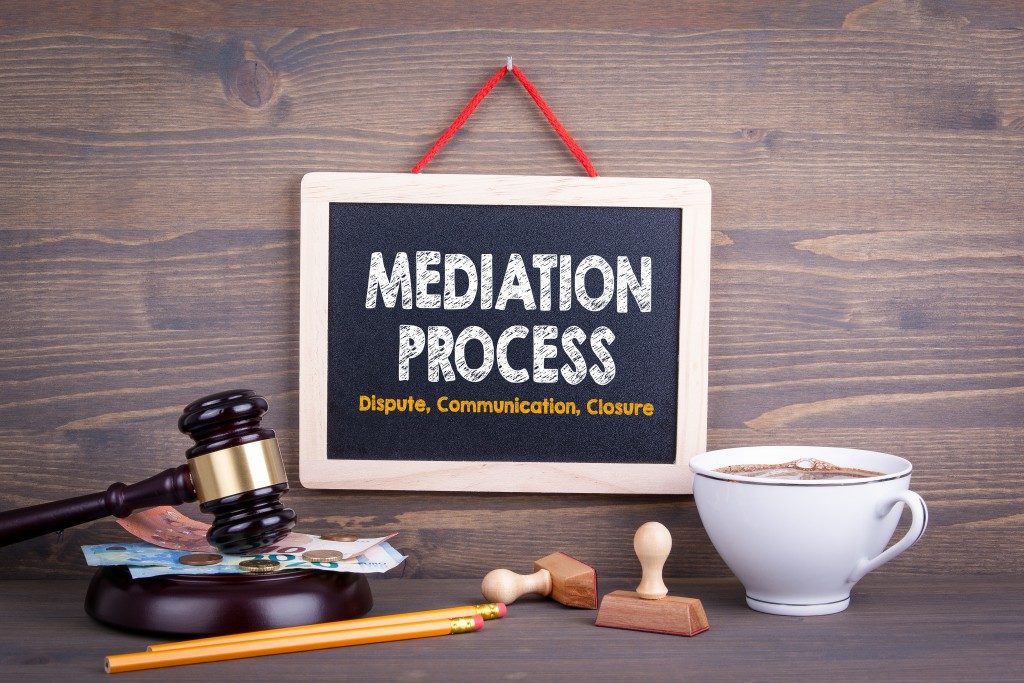While it takes two people to form a marriage, it usually takes a village to get a divorce. Depending on how complicated it gets, couples may need to engage arbiters, mediators, and even the court.
A family lawyer might also need to step in to help couples figure out how to arrange custody. The same professional can also assist them when it comes to the division of assets. It turns out when it comes to properties, the rules can vary between states.
Community Property versus Marital Property
Whether the marriage lasted for only months or years, often, couples bring and own properties in the process. Determining who gets what and what amount now depends on the type of division of assets and debts the state follows.
The state may either adhere to the community or marital property:
What Is Community Property?
Community property states that assets acquired by the couple belong to both spouses, so ownership becomes fifty-fifty. If they decide to divorce, the division will follow the same percentage or equation. The same goes for the debts they incurred when they were still together.
If either of the spouses acquired assets or debts before the marriage, then the law treats these as separate properties. They won’t be divided between the spouses. The same rule applies to properties the couples obtained after they separated or divorced.
However, separate property may become part of the community property in certain situations. A good example is when a husband who owns a bank account he obtained before walking down the aisle decides to add his wife as an account holder.
Cash and investments that may be under the name of one of the couples and acquired before the wedding may also end up as part of the community property if the owner transferred funds to an account shared by both.
What about Marital Property?

States like Colorado follow marital property. This one shares some ideas or principles as community property. For instance, what the couples own before the marriage is theirs. Only those they got when they’re still together will be subject to the division of assets.
The biggest difference is how these assets will be divided. Under marital property, couples will receive what they and the law consider as equitable and fair.
In other words, the division of both assets and liabilities doesn’t have to be fifty-fifty. One spouse may receive more than the other, depending on a number of factors.
What are these factors that may affect the outcome of the division?
1. Financial Status of Each — If the wife is likely to suffer from economic problems after the divorce, she may receive a bigger lot of the assets.
2. Custody of the Children — Custody arrangements may be physical or legal. Either way, the larger portion of the assets may go toward the spouse who will oversee the children’s needs more frequently.
3. Lifestyle of the Spouse — Contrary to popular belief, the court won’t primarily consider the lifestyle of the spouses when determining what is fair and equitable. They may matter only if they can impact a person’s finances. A good example is when one of the ex-partners is an alcoholic or a gambler. Since they are more likely to be poor financial decision-makers, they may receive less than the other.
4. Alimony or Spousal Support — The rules on spousal support and alimony are different from the division of assets. But the ex-partner who may receive either may have a lesser share of the assets based on the principle of equitability.
5. Contribution of the Spouse to Each Other’s Financial Status – The court can also consider an ex-partner’s contribution to the financial power of the former spouse. Did they spend on their education or decide to accept part-time work so the other can focus on their full-time job? Did one of them spend more when they bought the house or the land?
Who Judges What?
The original value of these assets may not be what will be considered during the division process. Instead, it will be their market value, so these properties may still need to be assessed.
As to who decides what is equitable and fair, the law actually allows the couples to discuss that. If they agree, then the process ends. Otherwise, they will work with a mediator or an arbiter. If the negotiations still fail, the last step is litigation in court, where the judge decides for the parties.
Divorce can be fast, but it’s never easy because of the complex laws that govern it. These include the rules that regulate the division of assets and debts. While couples can agree between themselves, they should not hesitate to seek legal help when necessary.



